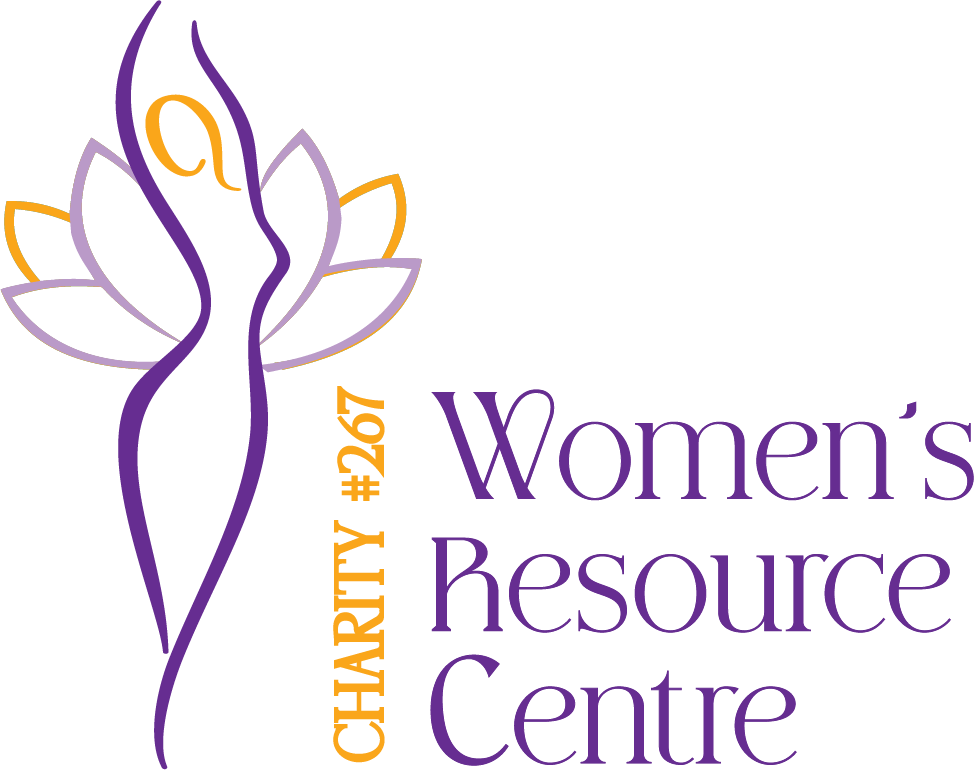WRC Speaks Against Gun Violence
Women’s Resource Centre Calls for Unity and Action Following the Murder of Another Woman by Gun Violence
Hamilton, Bermuda — 19 September 2025 — Three days ago, our island was shaken by another act of violence. The Women’s Resource Centre is deeply saddened by the loss of life that has left a family grieving, a community mourning, and a country asking how much longer we will allow this to continue. We extend our heartfelt condolences to the family, friends, and loved ones of Janae Minors.
We also offer our support to any woman impacted by this or previous acts of violence who may be in need of trauma recovery or grief support. Please contact the Women’s Resource Centre so we can connect you with compassionate and holistic care.
This tragedy marks the fourth woman to be killed by gunfire in Bermuda in recent years, following the deaths of Garrina Cann in 2020, Diante Trimm in 2024, and Jasmine Smith earlier this year in 2025. That women are now increasingly becoming victims of gang-related gun violence is an alarming development, one that speaks volumes about the state of our community and the erosion of the values that once offered us protection.
Women in Bermuda are integral to the social fabric of this island. Our role in shaping communities cannot be overstated. The 2016 Census tells us there were 2,931 one-parent households in Bermuda, and nearly nine out of ten of those were headed by women. This reality highlights just how central women are to the structure of our society. When women become the targets of gang-centred violence, it signals a severe breakdown in the social fabric and collective values of our society. This is not an issue confined to certain households or neighbourhoods; it impacts us all.
The Women’s Resource Centre believes this moment must be a call to action for women across Bermuda. We urge every woman to take a firm and personal stand — not as victims, but as agents of change. We must have the courage to call out antisocial behaviour and gang activity wherever we see it: in our relationships, in our homes, in our children, and in our wider community. Silence only allows violence to take deeper root. If we witness wrongdoing, we must speak out. If we hold information that can support police investigations, we must come forward. Justice and safety depend on community cooperation.
At the same time, we must strengthen the next generation by investing in young women and girls, supporting and mentoring them so they are empowered to stand against destructive behaviours. Our HERstory Girls Club is one example of this in action. Programmes like HERstory help girls build confidence, develop self-esteem, and cultivate positive social skills. They also provide a space to learn about the roles they can play in shaping society, preparing them not only to secure a better future for themselves but also to influence and uplift their peers.
We must also advocate boldly for systemic social change, because this crisis is the result of many interwoven challenges that have gone unaddressed for too long. Cycles of trauma, abuse, poverty, unemployment, inequities in education and opportunity, untreated mental health concerns, and substance misuse are all deeply connected to the violence we are now seeing unfold in our community. Breaking these cycles requires intentional, data-driven interventions and holistic support that address both the root causes and the ripple effects of violence.
We know this work is not unprecedented. Around the world, women have led powerful movements against violence. In South Africa, women organised to resist gang dominance and protect young people from recruitment, using their moral authority as mothers to challenge gang leaders and reclaim their neighbourhoods. In Mexico, mothers of the disappeared have mobilised tirelessly, leading search brigades and demanding accountability from governments, transforming grief into a movement for justice. In Chicago, groups like Mothers Against Senseless Killings (MASK) have taken to the streets to provide safe spaces, food, and mentorship for youth in communities devastated by gang shootings. And in Liberia, women from all walks of life united across religious and political divides to demand an end to civil war, ultimately forcing peace negotiations that changed the course of a nation. These examples remind us that women, when united and determined, can confront even the most entrenched cultures of violence and create lasting social change.
Here at home, Bermuda has its own example in Mothers on a Mission (MOM), a group of women directly impacted by violent tragedy who have shown tremendous strength in their advocacy. These mothers embody resilience in the face of unthinkable loss, and their voices must be uplifted. They need our support, solidarity, and collective action to ensure that their pain is not in vain but becomes the foundation of lasting change.
Every life lost to violence diminishes us all. Four women have now been taken by gunfire in our small island community, and the impact of their loss will ripple for generations. But we, the women of Bermuda, cannot accept this if we ever expect to see change. We have the capacity to model courage, resilience, and unity. We have the ability to nurture a culture that rejects violence and restores dignity, safety, and compassion as the cornerstones of Bermudian life.
It is up to us to decide whether these tragedies will soon be forgotten or become catalysts for change. Let us honour the women whose lives have been stolen by committing ourselves to the hard and often thankless work of reclaiming our community.
